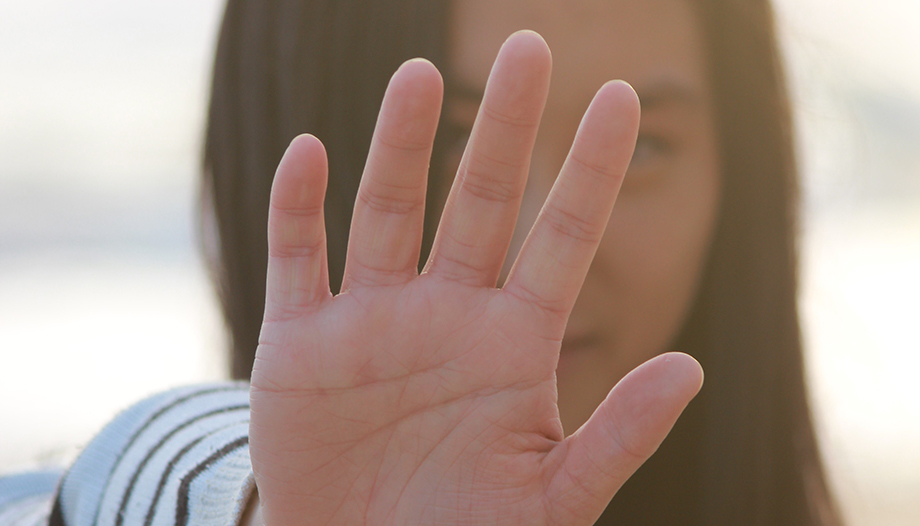"Under Pressure. The human rights of Christians in Europe."the study conducted by the Observatory of Intolerance against Christians in EuropeThe report focuses its study on five European countries: France, Germany, Spain, Sweden and the United Kingdom (UK). These are the countries in which, the report notes, "Christians encounter the greatest difficulties".
"Most Christians in Europe who actually walk in their faith on a daily basis have encountered some form of discrimination or intolerance, either in obvious or subtle ways" states the study presented.
A study that also reflects how the ignorance, in basic religious matters, of some members of governments is influencing unjust decisions, far from a real spirit of dialogue and coexistence.
The study points to four areas of Christian life as the most affected by this religious intolerance: church, education, politics and work.
In this regard, the research and surveys carried out for the preparation of this report have identified anti-faith legislation, labor impositions contrary to freedom of conscience or a silencing and even persecution by some media towards Christian religious sentiments.
From vandalism to unjust legislation
The research identifies two main lines of these attacks against Christians. First, discrimination coming from the governmental sphere manifested in legislation contrary to parental freedoms, education or religious liberties, together with social exclusion and an increase in vandalism or criminal acts against Christians. Spain, the report points out, "shows clear tendencies of a radical secularism that goes hand in hand with governmental authorities as well as the social environment".
In this regard, the legislation on family matters is noteworthy, bioethics or of education which have been approved in recent years in France or Spain, and for which not only has been silenced, but any moral evaluation based on Christian principles has been attacked, causing insecurity in the families and in those affected (elderly or sick people in the case of euthanasia).
The report shows a worrying 70% increase in anti-Christian hate crimes in Europe. Governmental" discrimination predominates in Spain and France while acts of vandalism to religious buildings or personal attacks have increased exponentially in France and Germany.
As for the loss of freedom of expression, the United Kingdom takes the sad medal for judicial persecution for alleged "hate speech". For its part, "the alteration of the conscience clause in Sweden is already affecting Christian professionals, but similar cases are developing in France and Spain". In the latter case, we must not forget the administrative persecution of health professionals. objectors to euthanasia or abortion.
The "secular intolerance"
The report warns of what it calls secular intolerance: a dynamic of secularization that leads to a progressive cultural change that seeks religion in the private sphere. Not only does this not sound strange, but it is also taking hold even in people or communities that consider themselves to be Christian.
In reality, far from being a state of respect, this dynamic leads, as is evident in many nations, not only to the denial of the presence of a Christian voice in society but to the "criminalization of public or even private opinions."
Growing Islamic radicalization in Europe
One of the issues affecting European countries is the radicalization of certain Islamic population groups settled in Europe.
This Islamic oppression "occurs mainly in areas of concentration, where Christian converts are the most affected group, in addition to other resident Christians."
Christians of Muslim origin often suffer, in European nations, "intolerance and violence from their social environment". A danger "often ignored by state authorities". A growing problem in places in France, Germany and Sweden and which is beginning to occur in some places in Spain.
Covid and religious freedom
In all the nations on which the report has focused, the rollback of religious freedoms linked to a supposed control of the Covid epidemic appears.
Although these manifestations differed from nation to nation, in general "the churches were repeatedly discriminated against and religious freedom was denied. One example was France, where "the government took measures that indirectly restricted religious freedom".
On this point, the country with the greatest restrictions on religious freedom under the excuse of Covid was Spain, where "unjustified and disproportionate use was made of the power of public officials by means of disproportionate general prohibitions on public worship".
Seeking open and respectful dialogue
The report, against creating an atmosphere of unease or fear, shows these realities in order to "improve dialogue and enhance religious knowledge" since, only in this way, it stresses "state authorities can achieve better legislation and build bridges between groups in society, avoiding laws that indirectly discriminate against religious groups".
It also points to the need for Christians to seek "respectful and open dialogue, consciously avoiding prejudices about people with different moral values and showing more interest in participating in public debates."












